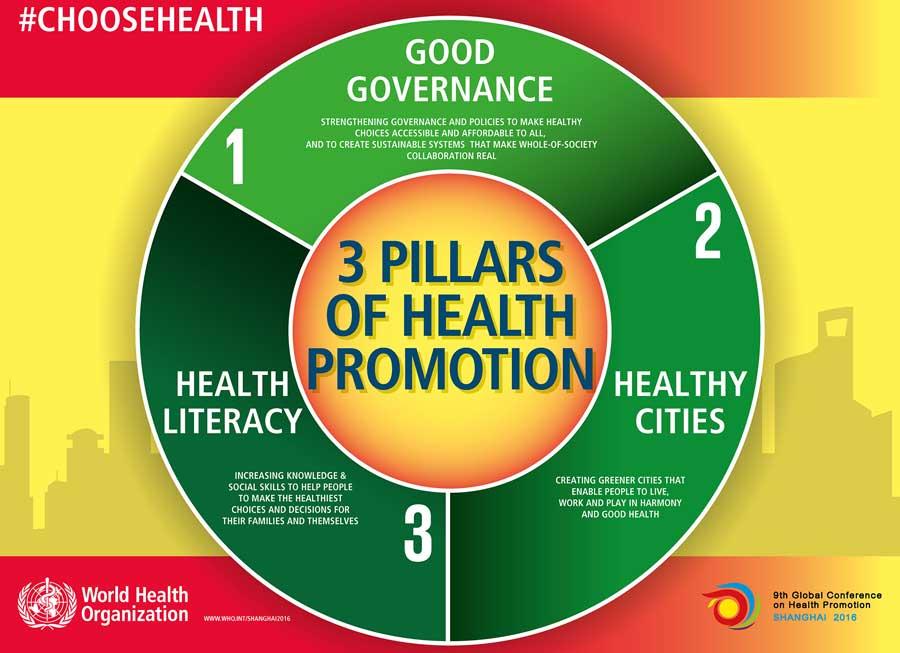08 Apr 2020 - {{hitsCtrl.values.hits}}

The post Coronavirus or COVID-19 world is likely to see a paradigm shift in the global order. With the pandemic exposing the vulnerability of the world despite its much hyped technological advancement, health promotion is tipped to top the development agenda of the governments as well as the international agencies. After all human race should first survive to enjoy the perks of the advancement in other spheres.
Hence it’s quite timely to explore how prepared Sri Lanka is for this evolution. Surely we have a quite a good health care system, one of the few things that we can really be proud of as a second world nation.
However health promotion is a different cup of tea. In fact many tend to get health care confused with health promotion. The Ottawa Charter for Health Promotion defines health promotion as the the process of enabling people to increase control over and to improve their health. “To reach a state of complete physical, mental and social well-being, an individual or group must be able to identify and to realize aspirations, to satisfy needs, and to change or cope with the environment” it further states.
As such health promotion entails empowerment of individuals and communities with skills so that each individual is able to take responsibility for one’s own well-being. After all the Coronavirus pandemic has opened the eyes of everyone that while the health care system attends to the infected it is the promotion of healthy habits that save the rest of the people. It’s about each individual taking precautions including social distancing, and communities being vigilant of possible threats from outside.
While the bitter lesson of COVID-19 has made the global leaders realize the significance of making health promotion part of the global development agenda, interestingly fifteen years ago the Bangkok Charter for Health Promotion of 2005 had the same in its key commitments. Making health promotion central to global development agenda topped its list of commitments. It was followed by pledges to make it a key responsibility of all governments, a key focus of communities, civil society and the corporate sector.
Sri Lanka, it appears, has taken right steps in the direction of propagating health promotion in the higher education sector. Thanks to Prof. Diyanath Samarasinghe we became the first South Asian country to introduce Health Promotion to a local university with the introduction of a course of study at the Rajarata University.
Today it has a department totally dedicated to this sphere of study with an experienced team of academics and medical officers. The Department of Health Promotion of the Rajarata University has already signed memoranda of understanding with seven overseas universities including the University of Sydney and York University, Canada. So far nearly 150 foreign university students have received training at the department.
However given the increased demand for the sector triggered by the corona-virus pandemic one wonders whether a single university department is adequate for this purpose. Certainly COVID-19 is not the first and the last global epidemic of this magnitude to plague the world. The rest of the world is very likely to open fully equipped universities totally dedicated for health promotion in the years to come.
Sri Lanka too undoubtedly needs a university of health promotion to gear itself for the new global challenges. It needs to introduce health promotion as a subject for school curriculum and encourage more students to pursue higher studies in this sector. The government should initiate a dialogue with the Rajarata University and help the Department of Health Promotion of the Rajarata University to evolve into a fully-fledged university located perhaps in a more central location. Each year at least a batch of thousand students should graduate from this institution keeping Sri Lanka on par with any developed country in health promotion.
20 Apr 2024 17 minute ago
20 Apr 2024 29 minute ago
20 Apr 2024 49 minute ago
20 Apr 2024 2 hours ago
20 Apr 2024 2 hours ago